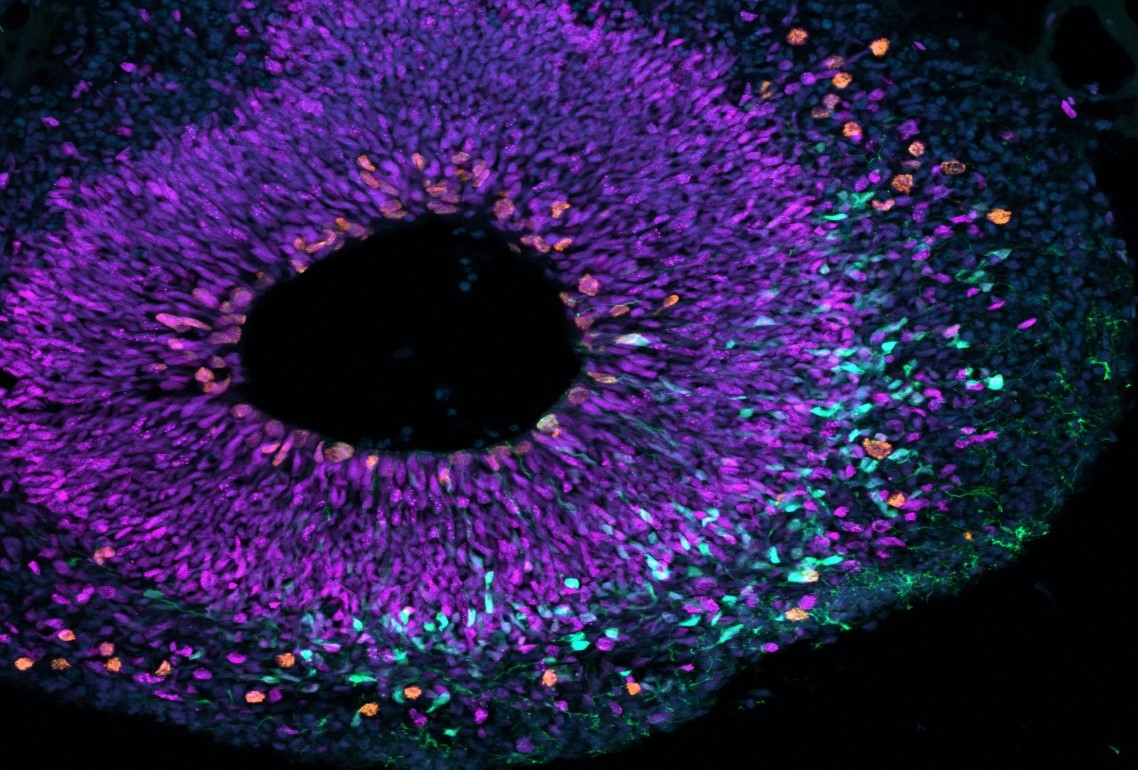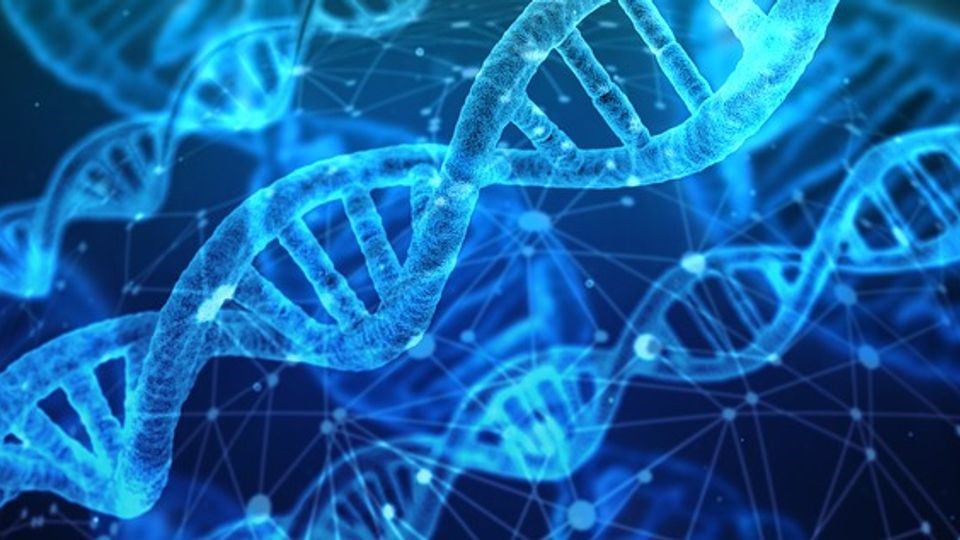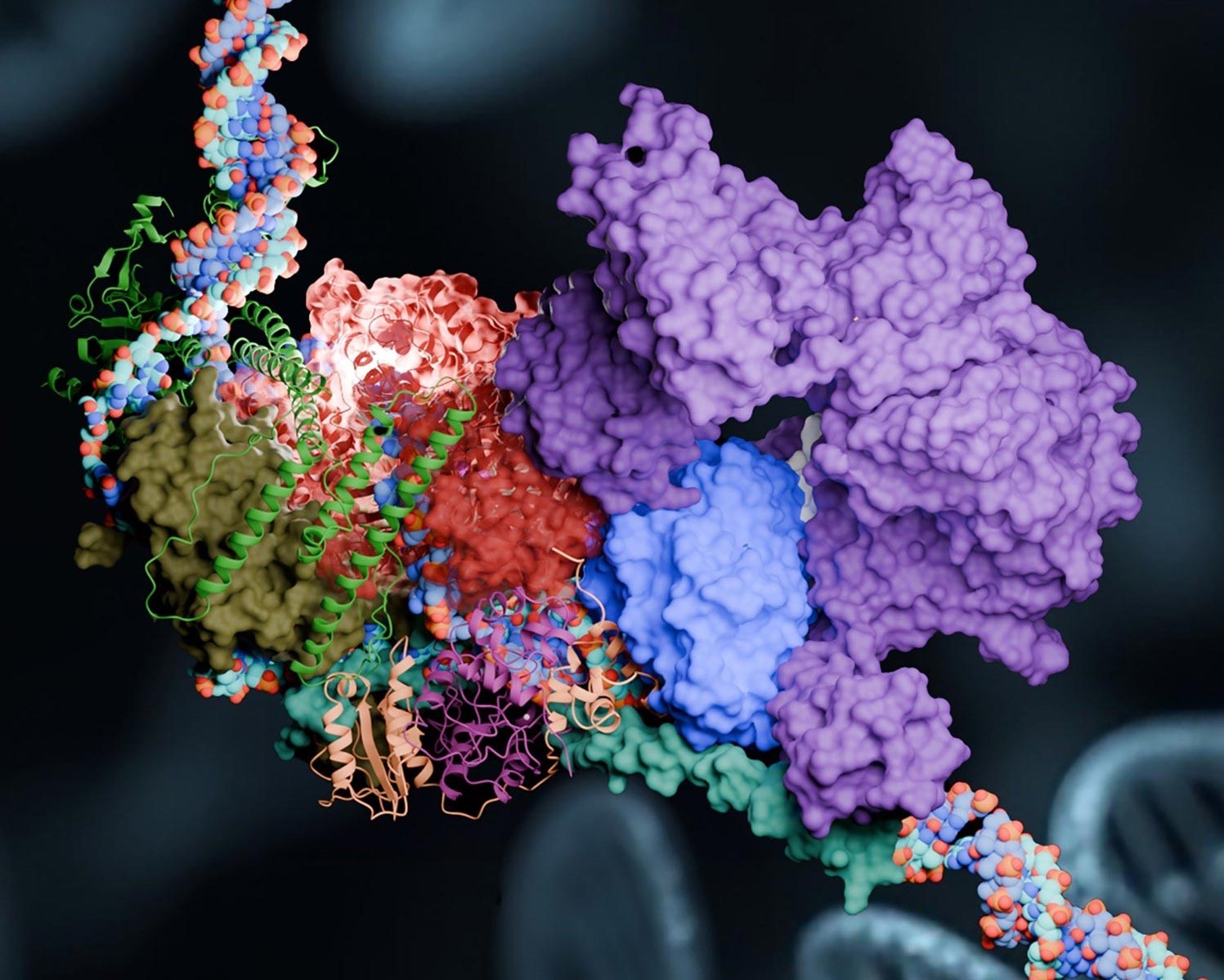Scientists Identify Unique Human-Specific Trigger for Brain Growth
Fresh Discoveries Unveil Secrets of Human Brain Development
A recent study by researchers at the German Primate Center and the Max Planck Institute reveals that two human-specific genes work together to shape cerebrum development, offering strong evidence of their role in the evolutionary expansion of the human brain.

Figure 1. Microscopic view of a genetically modified chimpanzee brain organoid: nuclei (blue), progenitor cells (magenta), modified cells (green), and dividing cells (orange)
The study uncovers a precise interaction between two human-specific genes: one enhances the proliferation of brain progenitor cells, while the other facilitates their transition into neuron-producing progenitors. This coordinated process is thought to have been crucial in the evolution of the uniquely large and complex human brain [1]. Figure 1 shows Microscopic view of a genetically modified chimpanzee brain organoid: nuclei (blue), progenitor cells (magenta), modified cells (green), and dividing cells (orange).
Beyond providing new insights into brain evolution, this research may also help uncover the origins of certain developmental brain disorders and neurological diseases.
Integrating Conventional and Alternative Research Approaches
The study utilized a combination of approaches, including animal experiments with mice and alternative methods like chimpanzee brain organoids.
“Our findings are particularly significant because results from both animal and alternative methods align and reinforce each other,” says lead researcher Michael Heide. “This not only validates our conclusions but also paves the way for reducing animal experiments by advancing and refining alternative techniques.”
References:
- https://scitechdaily.com/researchers-discover-brain-growth-trigger-found-only-in-humans/
Cite this article:
Janani R (2025), Scientists Identify Unique Human-Specific Trigger for Brain Growth, AnaTechMaz, pp. 361




